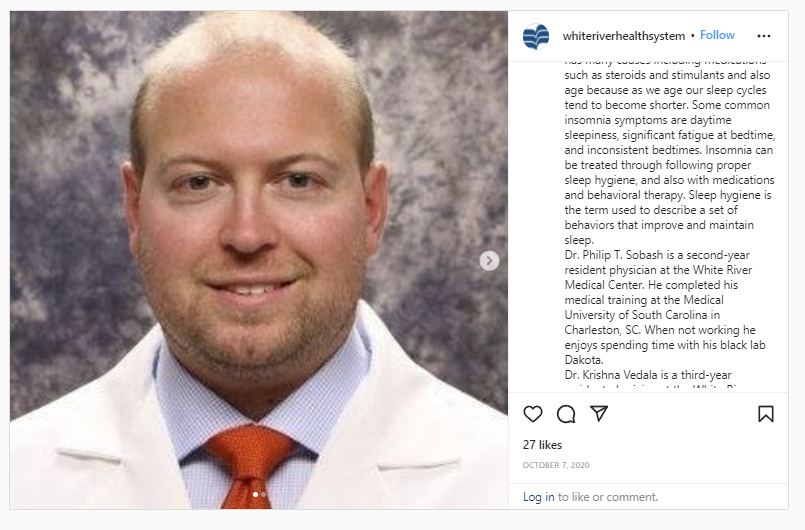In today’s fast-paced world, medical technology stands at the forefront of revolutionizing healthcare. As we embrace the digital age, the future of medicine is rapidly unfolding before our eyes, shaping the way we work, live, and ultimately, how we approach life and death. In this article, we delve into the potential implications of technology on healthcare in both developed and developing countries, exploring the current advancements and the exciting prospects that lie ahead.
Embracing the Power of Technology in Medicine
The integration of technology in medicine has already yielded significant benefits, making medical procedures and treatments more efficient and effective. By leveraging cutting-edge innovations, healthcare professionals can provide patients with personalized treatment plans that are tailored to their specific needs. This not only enhances patient outcomes but also reduces the overall cost of medical care, improving accessibility and affordability for individuals and societies alike Dr. Philip Sobash.
Some of the key advantages of using technology in medicine include:
Increased Accuracy and Efficiency: Advanced technologies enable healthcare professionals to conduct precise and streamlined medical procedures, reducing the risk of errors and improving patient safety.
Enhanced Communication: Digital platforms facilitate seamless communication between doctors and patients, enabling remote consultations, telemedicine services, and personalized health monitoring.
Reducing Stress and Anxiety: Technology plays a crucial role in managing patients’ stress and anxiety, providing them with valuable resources and support during their healthcare journey.
The Future of Healthcare: Embracing Technological Advancements
The future of healthcare is a landscape brimming with transformative possibilities. As medical technology continues to evolve, the following developments are anticipated:
Remote Patient Monitoring: Medical devices and wearable technologies are being developed to monitor and treat chronic conditions such as diabetes and heart disease remotely. This proactive approach to healthcare empowers patients to actively manage their health while receiving timely interventions from healthcare providers.
Artificial Intelligence (AI) in Healthcare: AI-driven applications are revolutionizing various aspects of healthcare, from early disease detection to treatment planning and precision medicine. AI algorithms analyze vast amounts of patient data to identify patterns and provide tailored medical recommendations.
Telemedicine: Telemedicine services are gaining prominence, offering patients virtual access to healthcare professionals, consultations, and prescriptions, irrespective of their geographical location.
Robotics in Surgery: Robotics-assisted surgeries are becoming more commonplace, enabling surgeons to perform complex procedures with enhanced precision and minimal invasiveness.
Overcoming Challenges for an Affordable Future
Despite the promising advancements, healthcare faces significant challenges in ensuring accessibility and affordability for all. The rising costs of medical services and treatments create barriers to accessing quality healthcare, impacting individuals and societies alike. However, technological innovations also offer solutions to tackle these challenges.
Telemedicine and remote patient monitoring, for instance, can bridge the gap between healthcare providers and patients in remote or underserved areas, enabling them to receive timely care without the need for extensive travel. Additionally, AI-driven diagnostics can help optimize treatment plans and reduce unnecessary healthcare expenses.
Conclusion: Embracing the Journey Ahead
The future of medicine is undeniably intertwined with technology, and the role it plays will continue to expand and evolve. Dr. Philip Sobash emphasizes that by embracing these technological advancements, we are unlocking a new era of healthcare that is more personalized, efficient, and accessible than ever before.
As we journey into the future of medicine, it is essential to embrace these transformative technologies responsibly, addressing challenges and disparities to ensure that everyone can benefit from the remarkable innovations that lie ahead. With medical technology as our ally, we embark on a path of continuous progress, where the pursuit of better health and well-being knows no bounds.



